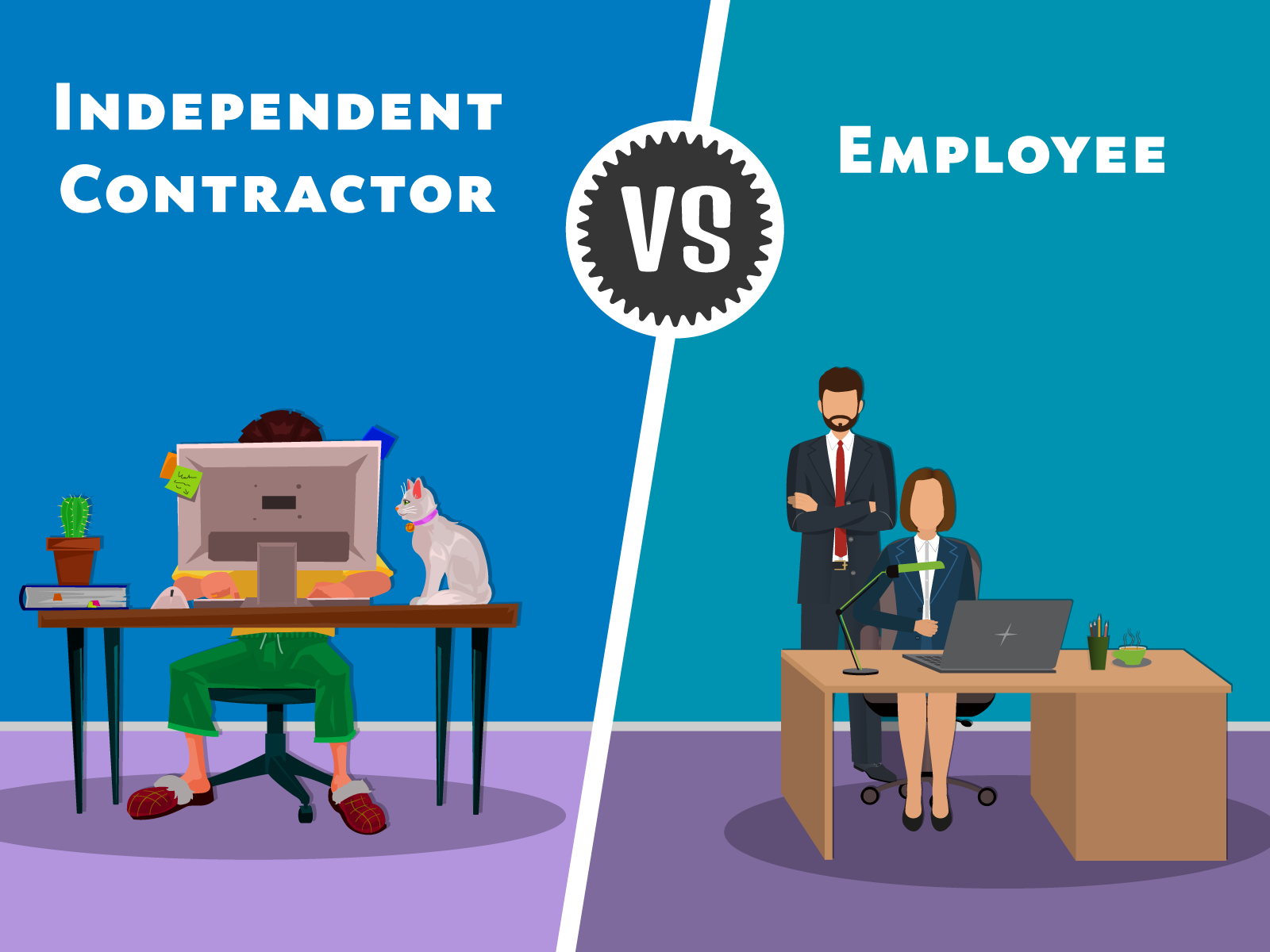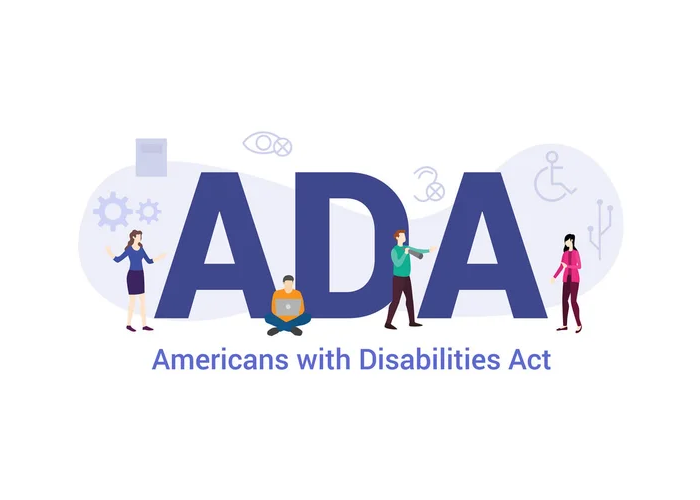The National Labor Relations Board has taken a troubling position on facially neutral employment policies. Section 7 of the National Labor Relations Act guarantees workers the right to “self-organization, to form, join, or assist labor organizations, to bargain collectively…, and to engage in other concerted activities for the purpose of collective bargaining or other mutual aid or protection.” Employers may not prohibit employees from engaging in such “collective activity” or adopt rules that have a “chilling effect” on collective activity.…
Learn More
The United States Department of Labor (DOL) recently announced an increase in the minimum salary thresholds required to categorize employees as overtime exempt under the Fair Labor Standards Act (FLSA). Under the FLSA, business owners must pay overtime compensation at one and one-half times the employee’s regular rate of pay for any hours worked over 40 hours in a workweek unless the employee falls into an overtime-exempt category. The three most common exempt categories are the so-called “white-collar” exemptions for…
Learn More
In a long-awaited decision, the New Jersey Appellate Division ruled in favor of Jim Prusinowski’s client, JerseyShore Reporting, that court reporters working in New Jersey through a court reporting agency, are exempt from contributing to unemployment taxes because they are not employees. Since 2013 the New Jersey Department of Labor has claimed that a court reporting agency, Jersey Shore Reporting, (and all court reporters in the state) was liable to the New Jersey Unemployment Compensation fund for thousands of dollars,…
Learn More
EMPLOYERS: GET READY TO BE INTERACTIVE PART II As mentioned in a previous post, the ADA prohibits discrimination against individuals who have a disability. Employees who have a disability have the right to request reasonable accommodation. When the disability is obvious, the right to a reasonable accommodation is triggered even without an employee’s request. The first step in addressing a request for accommodation is the “interactive process.” The first step in the interactive process is recognizing that the employee has…
Learn More
REASONABLE ACCOMMODATION OR UNDUE HARDSHIP? PART I The Americans with Disabilities Act prohibits discrimination against individuals with disabilities. Individuals who have a disability fall into at least one of the following three categories: (1) the employee who has a physical or mental impairment that substantially limits one or more major life activities; (2) the employee who has a history or record of such an impairment; or (3) the employee who is perceived by others as having such an impairment. An…
Learn More
 The National Labor Relations Board has taken a troubling position on facially neutral employment policies. Section 7 of the National Labor Relations Act guarantees workers the right to “self-organization, to form, join, or assist labor organizations, to bargain collectively…, and to engage in other concerted activities for the purpose of collective bargaining or other mutual aid or protection.” Employers may not prohibit employees from engaging in such “collective activity” or adopt rules that have a “chilling effect” on collective activity.…
The National Labor Relations Board has taken a troubling position on facially neutral employment policies. Section 7 of the National Labor Relations Act guarantees workers the right to “self-organization, to form, join, or assist labor organizations, to bargain collectively…, and to engage in other concerted activities for the purpose of collective bargaining or other mutual aid or protection.” Employers may not prohibit employees from engaging in such “collective activity” or adopt rules that have a “chilling effect” on collective activity.… The United States Department of Labor (DOL) recently announced an increase in the minimum salary thresholds required to categorize employees as overtime exempt under the Fair Labor Standards Act (FLSA). Under the FLSA, business owners must pay overtime compensation at one and one-half times the employee’s regular rate of pay for any hours worked over 40 hours in a workweek unless the employee falls into an overtime-exempt category. The three most common exempt categories are the so-called “white-collar” exemptions for…
The United States Department of Labor (DOL) recently announced an increase in the minimum salary thresholds required to categorize employees as overtime exempt under the Fair Labor Standards Act (FLSA). Under the FLSA, business owners must pay overtime compensation at one and one-half times the employee’s regular rate of pay for any hours worked over 40 hours in a workweek unless the employee falls into an overtime-exempt category. The three most common exempt categories are the so-called “white-collar” exemptions for… In a long-awaited decision, the New Jersey Appellate Division ruled in favor of Jim Prusinowski’s client, JerseyShore Reporting, that court reporters working in New Jersey through a court reporting agency, are exempt from contributing to unemployment taxes because they are not employees. Since 2013 the New Jersey Department of Labor has claimed that a court reporting agency, Jersey Shore Reporting, (and all court reporters in the state) was liable to the New Jersey Unemployment Compensation fund for thousands of dollars,…
In a long-awaited decision, the New Jersey Appellate Division ruled in favor of Jim Prusinowski’s client, JerseyShore Reporting, that court reporters working in New Jersey through a court reporting agency, are exempt from contributing to unemployment taxes because they are not employees. Since 2013 the New Jersey Department of Labor has claimed that a court reporting agency, Jersey Shore Reporting, (and all court reporters in the state) was liable to the New Jersey Unemployment Compensation fund for thousands of dollars,… EMPLOYERS: GET READY TO BE INTERACTIVE PART II As mentioned in a previous post, the ADA prohibits discrimination against individuals who have a disability. Employees who have a disability have the right to request reasonable accommodation. When the disability is obvious, the right to a reasonable accommodation is triggered even without an employee’s request. The first step in addressing a request for accommodation is the “interactive process.” The first step in the interactive process is recognizing that the employee has…
EMPLOYERS: GET READY TO BE INTERACTIVE PART II As mentioned in a previous post, the ADA prohibits discrimination against individuals who have a disability. Employees who have a disability have the right to request reasonable accommodation. When the disability is obvious, the right to a reasonable accommodation is triggered even without an employee’s request. The first step in addressing a request for accommodation is the “interactive process.” The first step in the interactive process is recognizing that the employee has… REASONABLE ACCOMMODATION OR UNDUE HARDSHIP? PART I The Americans with Disabilities Act prohibits discrimination against individuals with disabilities. Individuals who have a disability fall into at least one of the following three categories: (1) the employee who has a physical or mental impairment that substantially limits one or more major life activities; (2) the employee who has a history or record of such an impairment; or (3) the employee who is perceived by others as having such an impairment. An…
REASONABLE ACCOMMODATION OR UNDUE HARDSHIP? PART I The Americans with Disabilities Act prohibits discrimination against individuals with disabilities. Individuals who have a disability fall into at least one of the following three categories: (1) the employee who has a physical or mental impairment that substantially limits one or more major life activities; (2) the employee who has a history or record of such an impairment; or (3) the employee who is perceived by others as having such an impairment. An…
